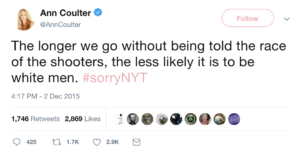The internet has changed how we work, from new technologies like Skype and Slack to new jobs like the social-media influencer. The internet has changed how we relax, unwinding over Twitter feeds, Netflix streams, and Snapchat streaks. The internet, of course, has changed how we date.
WATCH: Words That The Internet Has Changed
Perhaps even more astonishing (or alarming), the internet has changed how we think. Who needs to stash away names and dates into our longterm memory, for instance, when we have Google? And, guess what, that phenomenon has a name!
Here are nine terms that showcase the colorful and curious psychology of the internet.

























